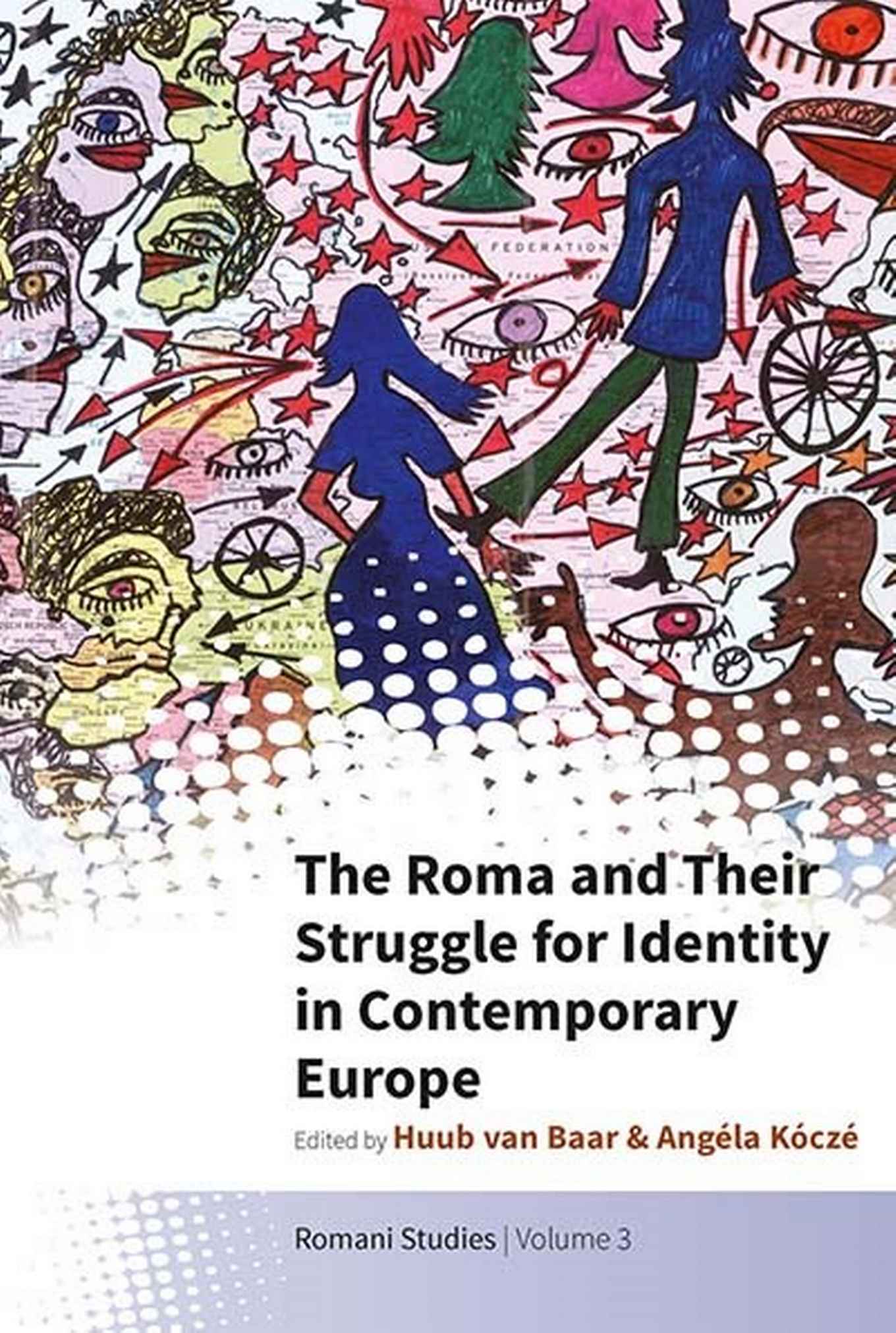The Roma and Their Struggle for Identity in Contemporary Europe
13 January 2020

DESCRIPTION
Thirty years after the collapse of Communism, and at a time of increasing anti-migrant and anti-Roma sentiment, this book analyses how Roma identity is expressed in contemporary Europe. From backgrounds ranging from political theory, postcolonial, cultural and gender studies to art history, feminist critique and anthropology, the contributors reflect on the extent to which a politics of identity regarding historically disadvantaged, racialized minorities such as the Roma can still be legitimately articulated.
Huub van Baar is an Assistant Professor of Political Theory at the Institute of Political Science at the Justus-Liebig University Giessen in Germany and a Senior Research Fellow at the Amsterdam Centre for Globalisation Studies (ACGS) of the University of Amsterdam, the Netherlands. He is the author of The European Roma: Minority Representation, Memory, and the Limits of Transnational Governmentality (2011) and the main editor of The Securitization of the Roma in Europe (2019).
Angéla Kóczé is an Assistant Professor of Romani Studies and Academic Director of the Roma Graduate Preparation Program at Central European University in Budapest, Hungary. She is the main editor of The Romani Women's Movement: Struggles and Debates in Central and Eastern Europe (2019).
REVIEWS
“This volume is a thoughtful and compelling read addressing some of the most persistent issues facing Roma communities in Europe today… provides the reader with a detailed and nuanced portrait of contemporary Roma life in Europe.” • Aidan McGarry, Loughborough University
“An important contribution to Romani Studies, which gives valuable context to new directions and strategies being adopted by Roma in the spheres of identity, social movement activism and cultural performance. Essential reading for campaigners, researchers and practitioners.” • Andrew Ryder, Corvinus University Budapest